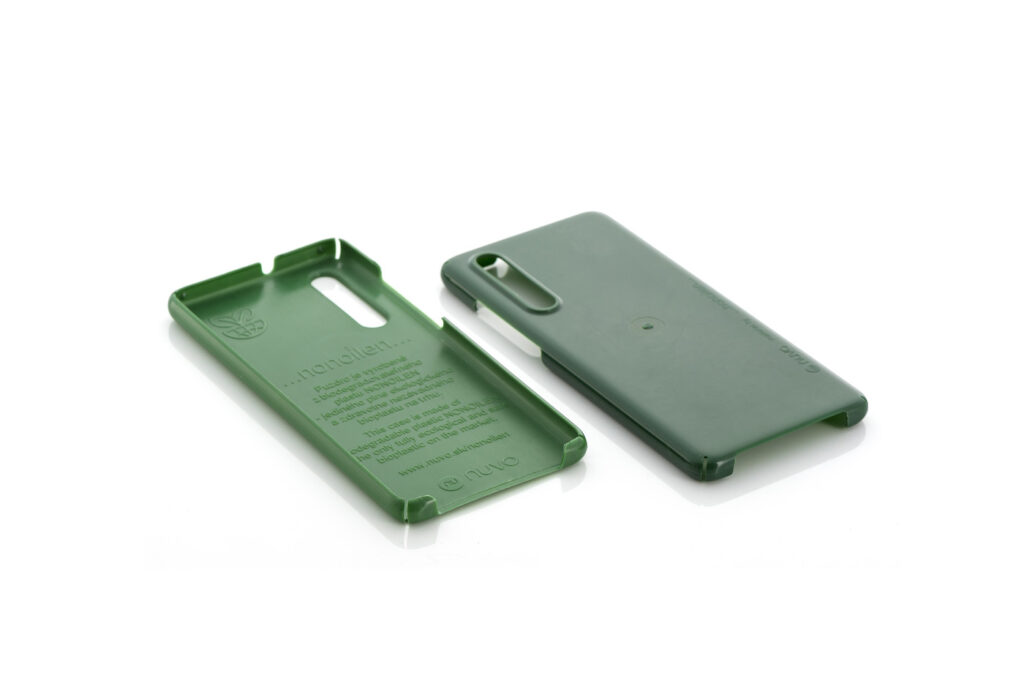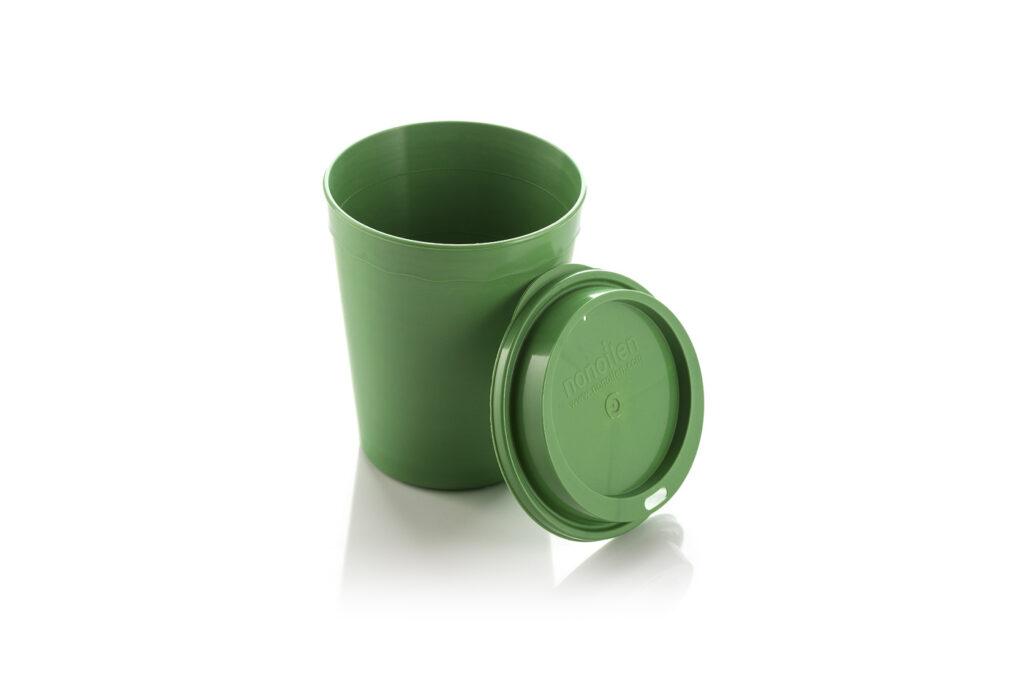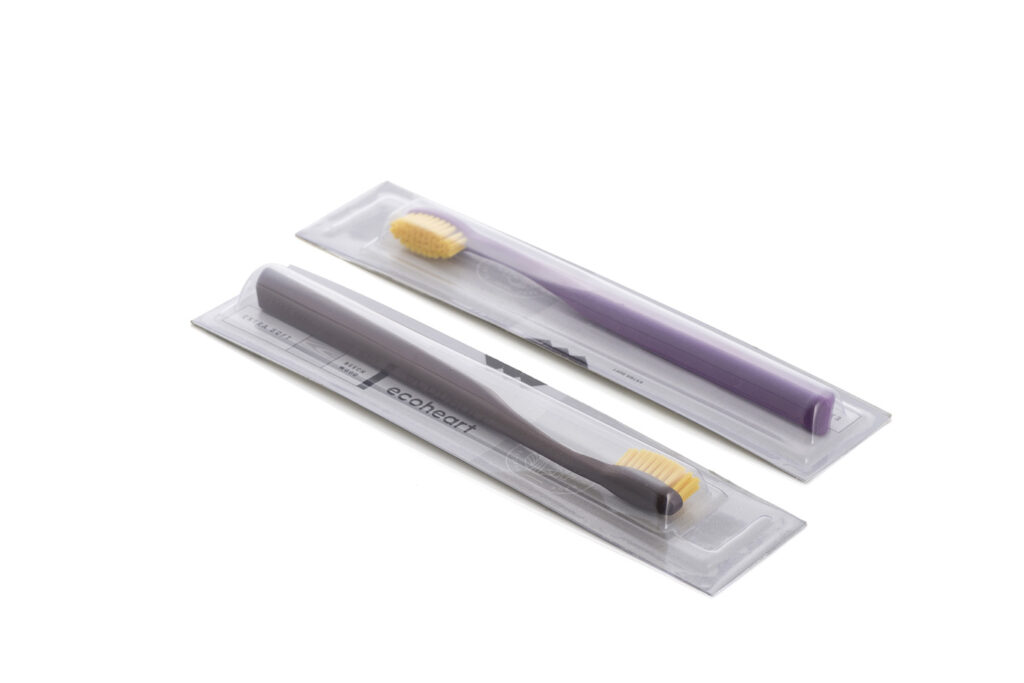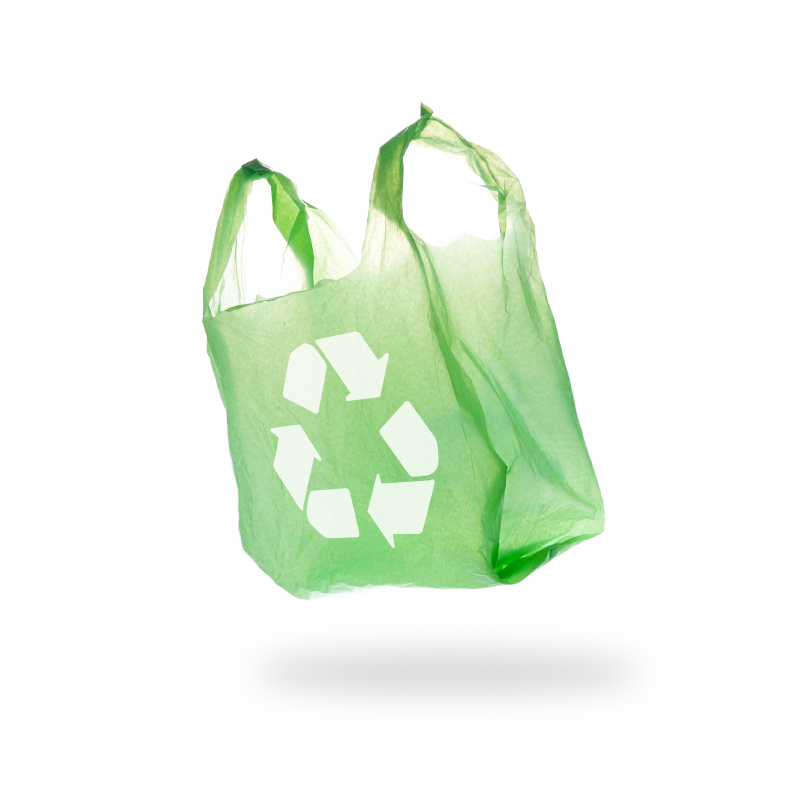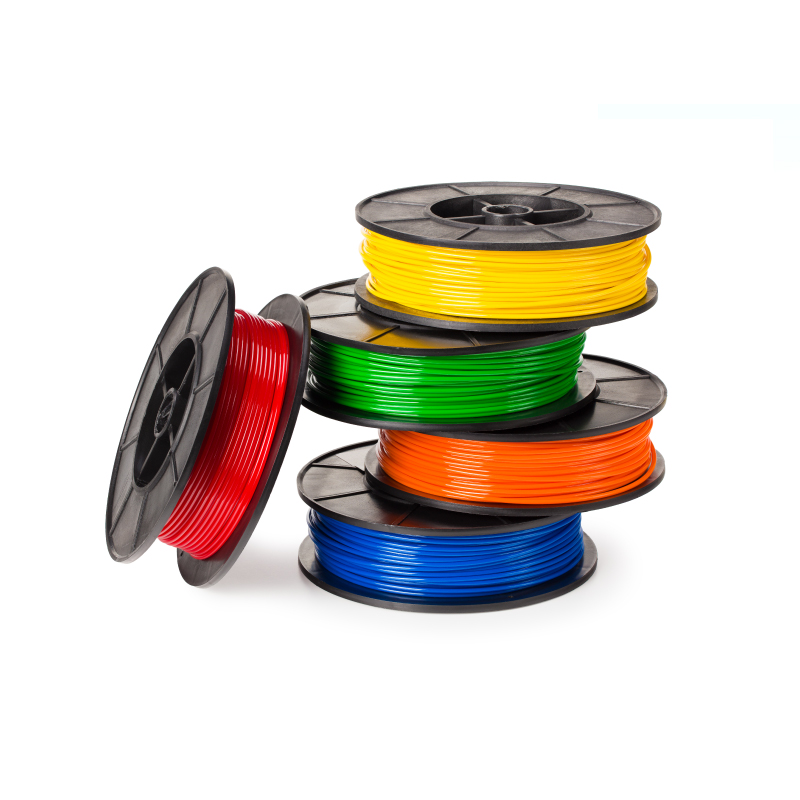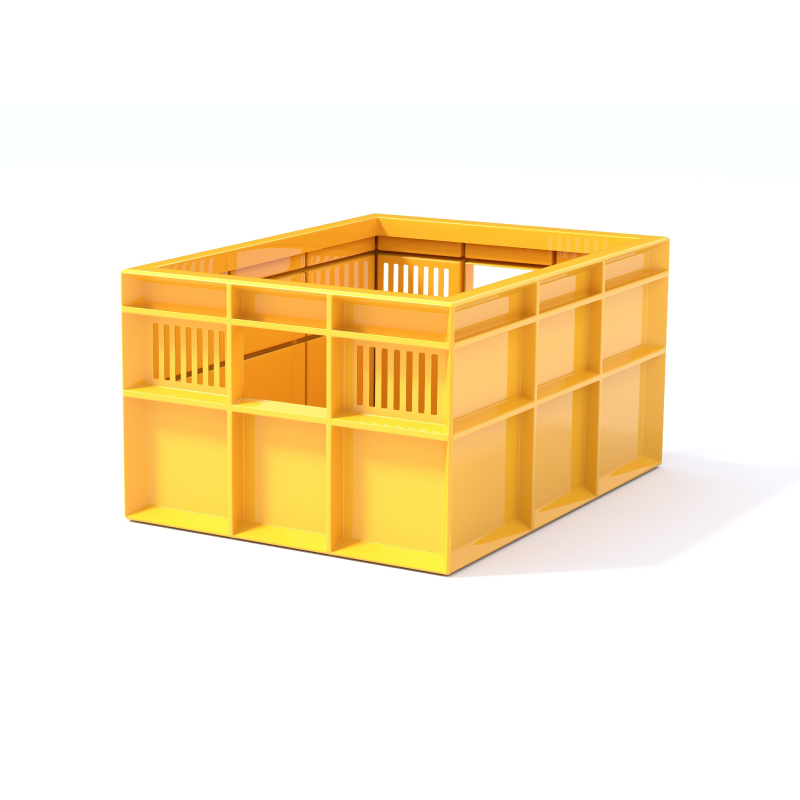
Natural material of the future
Let's give nature back what we owe. NonOilen® is an eco alternative which enables us to swap traditional plastic materials. NonOilen® is a progressive bio-degradable material made from sustainable sources.
"One of the first conditions of happiness is that the link between man and nature shall not be broken."

